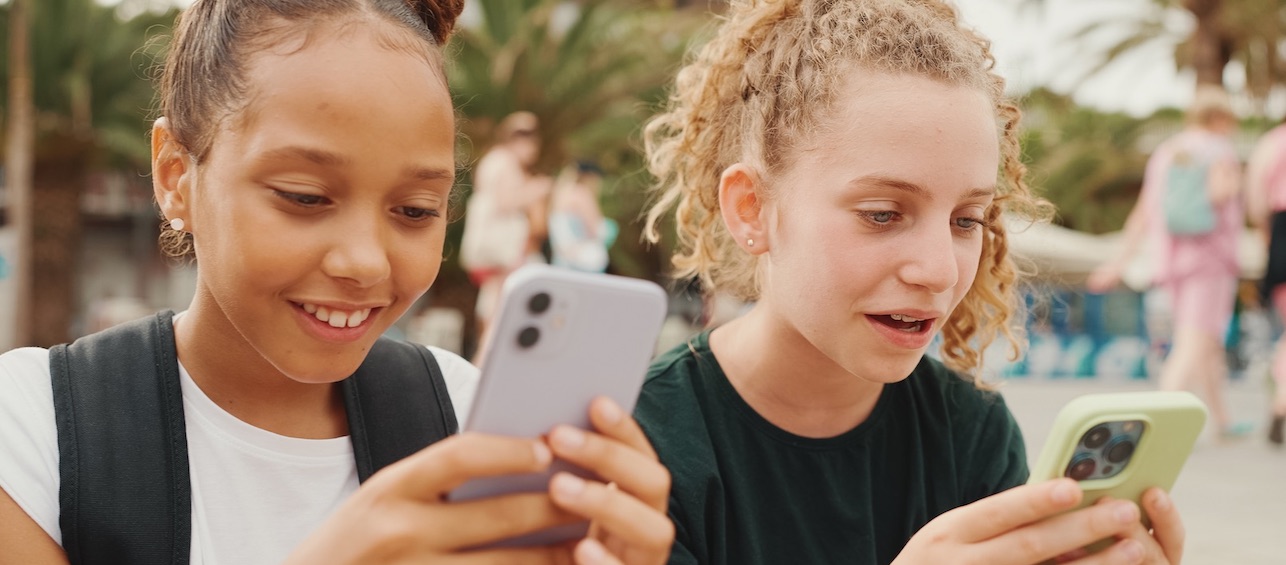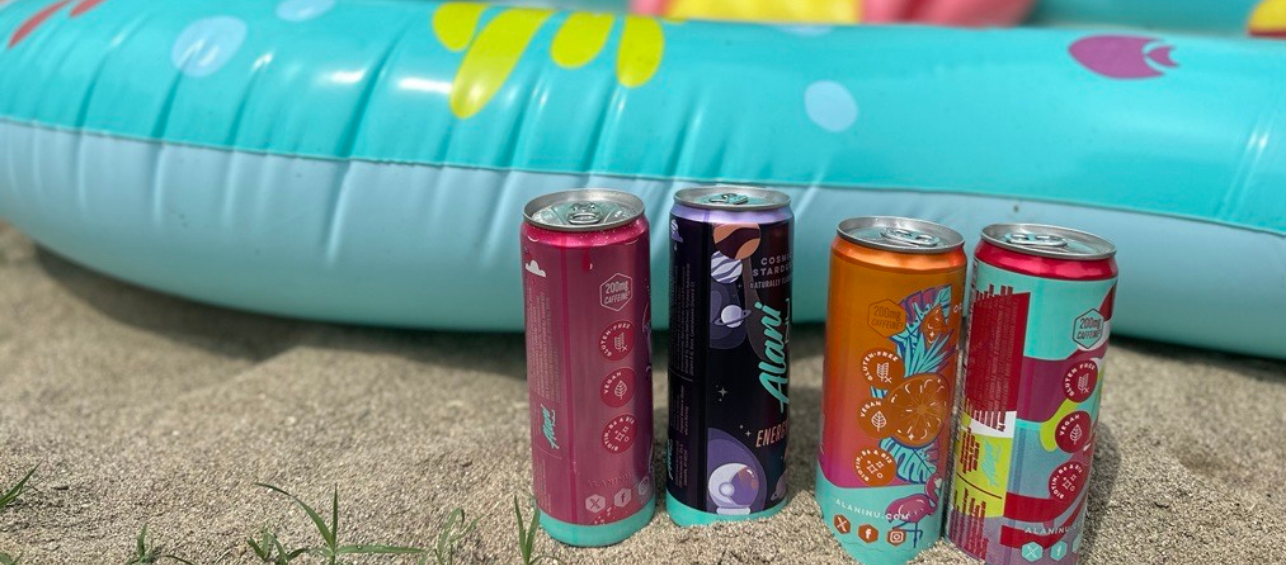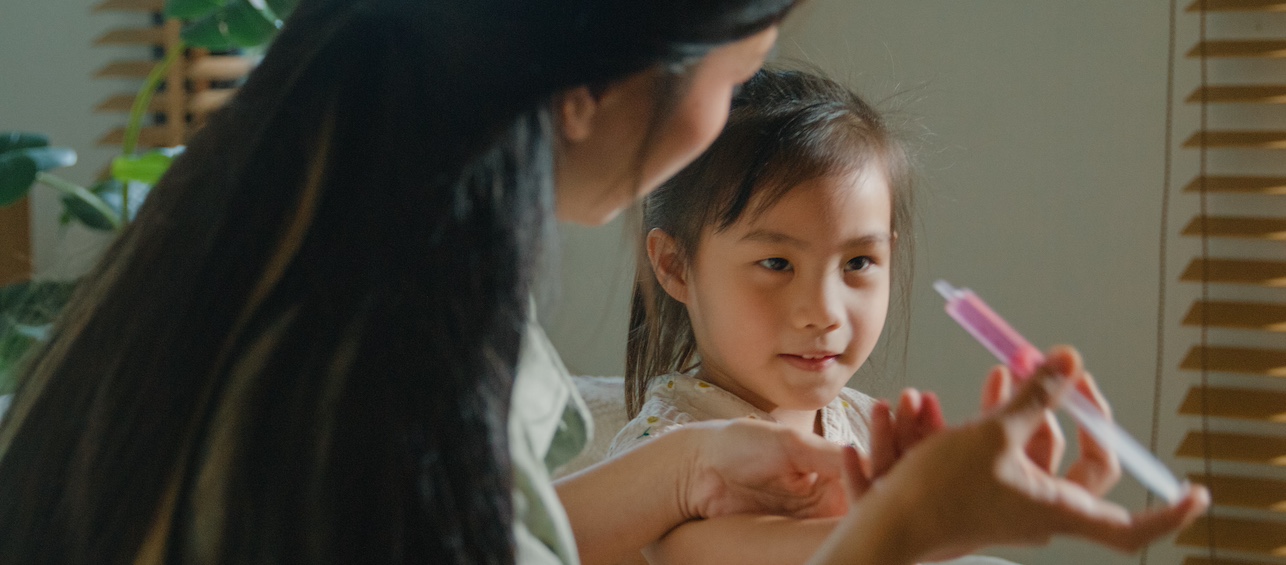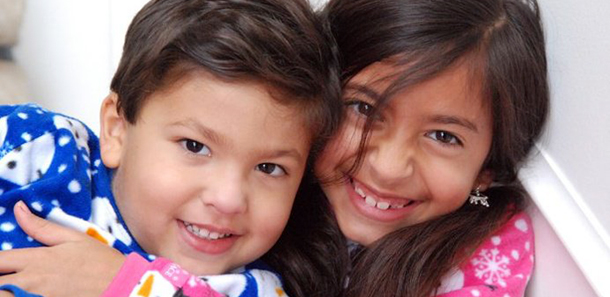Some Internet challenges are harmless and fun, while others can be incredibly dangerous. If you hear about the latest viral challenge and wonder if your child has seen it on their social media feed, take it as an opportunity to start a conversation about it.
It’s important for both you and your child to know about the dangers of certain social media challenges. Such challenges are enticing to kids for many reasons—bragging rights, fitting in, and natural curiosity all factor in when they see others doing these challenges online. But what doesn’t always factor in for kids’ developing brains is the harm that may result.
Below are some of the challenges we’ve received calls about in our Drug and Poison Information Center. Talk to your child about these and help them understand the risks of each.
PAQUI ONE CHIP CHALLENGE
- The challenge: To eat a tortilla chip made from the Carolina Reaper pepper and wait at least one hour before drinking or eating anything to get relief.
- Why it’s dangerous: The chip contains capsaicin, which is found naturally in chili peppers. Consuming capsaicin typically causes mouth and throat pain, but can also lead to more serious health problems including inflammation of the lungs, heart attack and damage to the esophagus.
BENADRYL CHALLENGE
- The challenge: To take multiple doses of an allergy medicine containing diphenhydramine (one brand name being Benadryl) to try to cause hallucinations.
- Why it’s dangerous: Taking higher than recommended doses of this medication can lead to serious heart problems, seizures, coma, or even death. (See related blog post)
TIPS FOR TALKING TO YOUR CHILD
- Try to avoid overreacting if your child thinks one of these challenges sounds harmless. You don’t want your child to tune you out. Make it more conversation and less lecture. “What do you think about this?” “Did you know that some people have gone to the hospital after doing this?”
- Explain the dangers of the challenge and how serious the consequences can be.
- Talk about other challenges that are fun and not risky—such as the mannequin challenge, water bottle flip, and ice bucket challenge—and maybe try one as a family.
- Help give them some words or phrases to say no if challenged to something they’re not comfortable doing.
It’s impossible to know what Internet challenge someone will dream up next, but it’s a good idea to stay in the know when your kids are at the age where they’re on social media. Take a look online every now and then and see what challenges are trending, then talk to your child. Tweens and teens likely have heard of whatever the latest fad is and often have a lot to say on the matter. Note that some challenges turn out to be fake or exaggerated, so do your homework, and check in with your child often.





